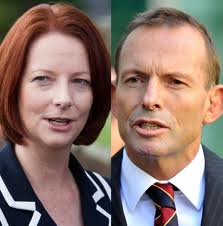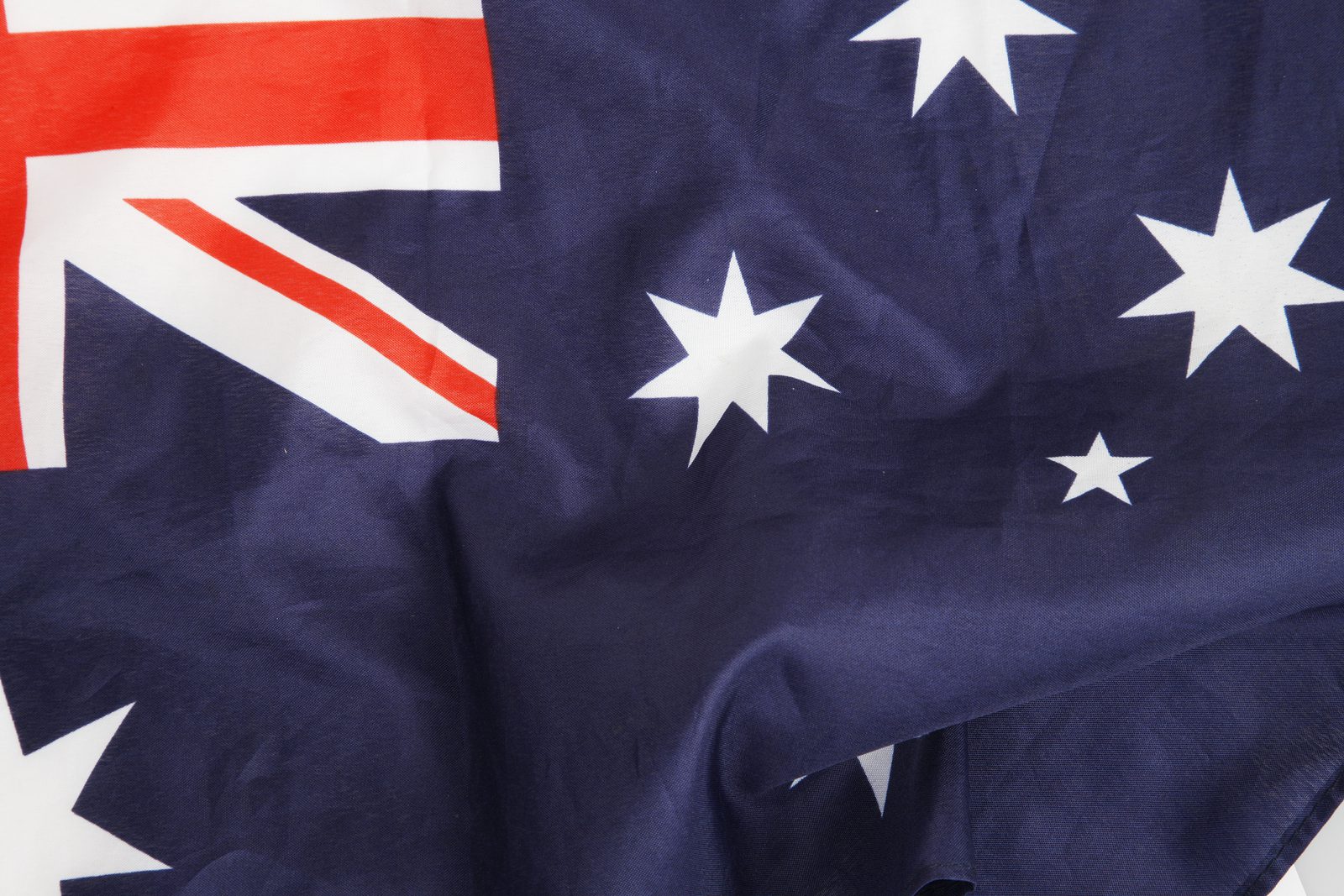Election 2013 – The Certainty of Stalling Progress
With the PM announcing what amounts to an eight month election campaign on the grounds of “certainty” the only sure outcome of the political gamble is that real policy making, economic reform and necessary infrastructure development will stall until after the election.
In an election environment the government will be trying to bolster the traditional Labor base whilst also attempting to attract Green votes carried by social and environmental issues.
In the meanwhile any proposals for necessary economic reform or major infrastructure improvement, by either side, will be attacked by a myriad of counter arguments. The result being that, unless the campaign becomes an obvious walkover for the opposition, business will be unsure of exactly what will happen on September 14. In such a hyper politically charged atmosphere, business will most likely put off major investment decisions.
The PM is gambling on Tony Abbot and the Coalition falling over themselves, for which there is ample opportunity. She is also ensuring that all leadership speculation, on either side, is now at an end as each team delivers the loyalty necessary for a campaign.
In the mean time, the battle for the crucial seats in western Sydney (which is to the Australian Federal Election as Ohio is to the American Presidential Election) will see the Labor social engineers come out in force. Will this work in an increasingly aspirational Australia? On the other hand, will Tony Abbott be able to overcome his lack of personal connection with large sections of the electorate? We shall see!
The Federal/State divide is also likely to create policy and administrative sclerosis during such an extended campaign.
With all the major States in Coalition hands the blame game that has been running for some time will only intensify. In support of their coalition colleagues, the State Governments of QLD, NSW, VIC and WA have every reason to frustrate anything Federal Labor proposes.
As a political move the PM may have caught her opponents on the hop, but she has also given them ample time to marshal their arguments and resources. Sadly, the impact of all of this on the Australian economy may well be to slow growth as we have experienced on previous occasions.
Real certainty in this whole process could come if both sides agreed to put a referendum to the nation on September 14 for fixed four-year terms. At least then we may get three out of four years of meaningful government rather than the current maximum of 2 out of 3.



